At the heart of all we do here at the Alliance is not only the word but the spirit of collaboration. It is through collaboration that we create better tools to help guide seafood businesses toward sustainable practices and put our heads together around protecting human rights in seafood production. Working together collaboratively allows us to think bigger and to draw on one another’s strengths to create impactful change. And all throughout our community, you will find examples of real collaborative work in action.
For example, Alliance members Sustainable Fisheries Partnership (SFP) and FishChoice are now collaborating to share data from the Ocean Disclosure Project (ODP), plus launching a new program that will enable eligible companies that participate in FishChoice’s supplier member program to become ODP Participants. This makes it easier for companies to be transparent about their seafood sourcing.
To inform businesses about sustainable sourcing and improvements, the majority of the Alliance community references Seafood Watch ratings, while the Seafood Certification & Ratings Collaboration unites Alliance members ASC, MSC, Fair Trade USA, Seafood Watch, and SFP, who are all working together to coordinate on tools and increase impact so that more seafood producers move along a clear path toward environmental sustainability and social responsibility.
In Japan, two years of work by Alliance members Ocean Outcomes, Seafood Legacy, and their partners has meant that Japanese Fishery Improvement Projects (FIPs) are beginning to have a positive impact on the water. The first FIP in Japan, the Tokyo Bay Sea Perch FIP, as well as the first tuna FIP in Japan, the Japanese Albacore Tuna FIP, have recently made significant progress in their respective journeys towards sustainability. As a result of this work, SFP and FisheryProgress.org awarded both projects an “A – Advanced Progress” rating, which confirms the projects are making publicly-verifiable improvements to fishing practices on the water.
Much of the work we do in the Alliance community is only achievable if we keep working together, building and encouraging collaborations at scale to address challenges. Take the Target 75 initiative for example, which seeks to map out a path and sets a goal that by the end of 2020, 75% of seafood by volume in key sectors is – at a minimum – either sustainable or making regular, verifiable improvements. SFP, which leads the initiative, has collaborated with the Alliance community to work with industry to advance T75. SmartFish is utilizing SFP buyer engagement tools to partner with some of the largest retailers in Mexico, and to engage their supply chains in improvement projects. There is also great synergy between Target 75 goals and MSC’s 20 by 20 initiative, and the UN Sustainable Development goal 14 to conserve “life below water”, which Alliance member World Benchmarking Alliance is using to demonstrate how the world’s leading seafood companies contribute to the sustainable management of our oceans through its Sustainable Seafood Index, currently underway.
In addition to collaborative efforts around improving the environmental sustainability of fisheries and aquaculture, the Alliance is also hard at work promoting social responsibility. A couple years ago, Monterey Bay Aquarium hosted a Conservation International (CI)-led coalition of 33 NGOs, academics and businesses from both within our Alliance and beyond, to co-develop a shared definition of social responsibility in order to align our organizations’ collective efforts, that we now call the Monterey Framework. Since then, examples of the Monterey Framework in action can be found across our community.
One is FishWise’s new RISE platform. We know that businesses are increasingly prioritizing worker rights throughout their supply chains, and sustainable seafood organizations want to help businesses committed to doing the right thing. So FishWise worked with several Alliance member organizations – and leading human rights and industry experts – to build a new Roadmap for Improving Seafood Ethics website, offering practical steps businesses can take on social issues, plus connections to expert advice and partnership opportunities.
CI also collaborated this past year with 21 institutions to co-design a diagnostic tool for social responsibility, which can be used in many contexts, such as community oriented small-scale fisheries to industrial fleets recruiting migrant workers, and aquaculture farms. Plus there’s the Seafood Slavery Risk Tool, a partnership of Seafood Watch and SFP along with Liberty Shared, which seeks to inform businesses about the risks of forced labor, human trafficking, and hazardous child labor in the seafood industry. Initially focused on fisheries, the Tool is evolving to characterize risk throughout the supply chain, including the catching, farming, processing, and distribution sectors. This Tool can be found, in context, in the Assess Risk section of RISE.
These are just some of the many heartening examples of work our community is doing to bring the spirit of collaboration into practice in the seafood sector, and make it possible to scale up the work that the Alliance and our partners have begun, and impact seafood sustainability globally.
